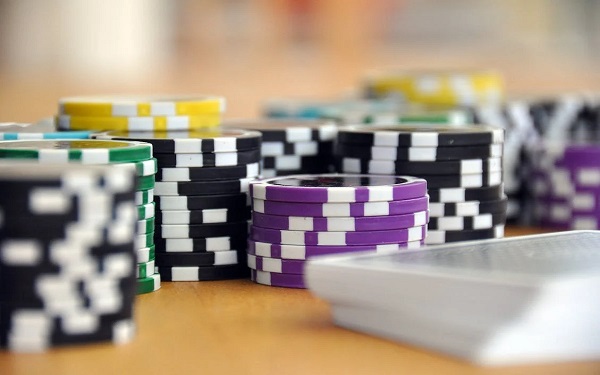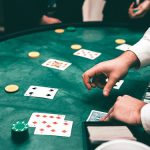Many people love gambling and enjoy the excitement of sports betting, bingo, and casino gambling. However, some gamblers may find gambling addictive and distracting. Statisticians have shown that 85 percent of Americans gamble annually. However, 2 to 3 percent of those who gamble are addicted and 1 percent are considered pathological gamblers.
How can you tell the difference between harmless gambling and problem gambling? How do you know if your friend or you are compulsive gamblers and if they are? These questions, and others regarding gambling addiction and problem gambling are answered here.
What does Problem Gambling mean?
Compulsive gambling, also known as problem gambling, is an insatiable urge to gamble regardless of the negative effects it has on one’s life. Problem gambling can have a detrimental effect on the gambler’s financial situation, relationships, and daily life. Pathological gambling is defined as severe cases of problem gambling.
Are you a compulsive gambler?
1) Are you willing to gamble until the last penny is gone?
2) Are you willing to gamble to recoup your losses and debts?
3) Have you ever needed to borrow money to gamble on the internet?
4) Have your gambling habits ever led you to lie to your friends and family?
5) Have you ever skipped work or been under other obligations to gamble?
6) Are you prone to gambling to forget your personal problems and to celebrate happy occasions?
7) Is gambling a problem in your everyday life?
If you answered “yes” to at least one of these questions, you may have a problem.
Is it possible to become a compulsive gambler?
Theoretically, yes. Theoretically, yes. Gamblers can have a gambling problem no matter what type of gambling they are involved in and how much money or time they spend on it. Research shows that the most addictive form of gambling is the one that is found in bars or convenience stores. Bingo games and lottery draws are at the opposite end of the spectrum. Gambling addiction can be a psychological problem. Its symptoms, causes, and treatment are the same as any other addiction.
How can I treat gambling addiction?
1) Group Therapy
Gamblers Anonymous offers a 12-step self-help program that is similar to that offered to Alcoholics Anonymous. In different stages of their recovery, group therapy offers support and advice to gambling addicts from counselors and other gambling addicts. Gambler Anonymous is available at more than 1200 locations across the state.
2) Individual Therapy
Gambling addicts can be helped by cognitive or behavioral therapy to recognize their unconscious thinking and patterns that led to compulsive gambling and to replace it with more manageable and healthier ways to think.
3) Psychiatric Medication
Recent research has shown that antidepressant medication from the SSRIs (serotonin reuptake inhibits) can be effective in treating gambling addictions.







